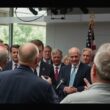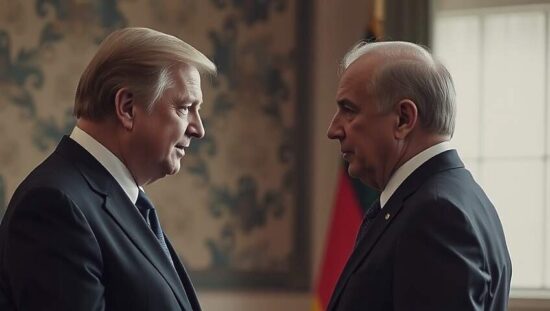Following a series of high-level diplomatic engagements, German Chancellor Friedrich Merz engaged in a second telephone conversation with Ukrainian President Volodymyr Zelenskyy this Tuesday, according to a statement released by the German government. While details remain scarce, officials confirmed the discussion centered on the evolving status of negotiations aimed at resolving the ongoing conflict in Ukraine, specifically in the wake of Sunday’s talks in Geneva.
The renewed contact underscores a pattern of intensified communication between European leaders and President Zelenskyy. Just last Friday, Chancellor Merz participated in a three-way call alongside French President Emmanuel Macron and British Prime Minister Keir Starmer, reinforcing what they described as their “unwavering and full support” for Ukraine’s pursuit of a “lasting and just peace.
However, the lack of transparency surrounding the content of these discussions has drawn criticism. While the public pronouncements consistently emphasize solidarity and support, the absence of specifics regarding the negotiating positions being explored raises questions about the true nature and potential impact of these engagements. Political analysts suggest the carefully worded statements deliberately avoid outlining any concessions or compromises being considered, likely to prevent internal disagreement and avoid jeopardizing potential future progress.
Furthermore, critics point to the repeated assurances of support without a corresponding shift in tangible aid packages or a clear articulation of red lines for a negotiated settlement, as potentially indicative of a strategy of maintaining a supportive posture while avoiding concrete commitments that could provoke Russia or alienate domestic constituencies. The frequency of these calls, while seemingly positive, raises a subtle concern: is the emphasis on dialogue truly fostering a path toward resolution, or simply serving as a public relations exercise to project an image of proactive diplomacy? The absence of verifiable outcomes alongside these repeated pledges leaves room for doubt.





